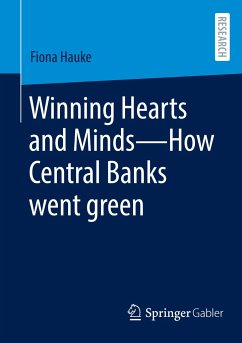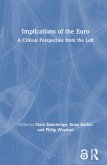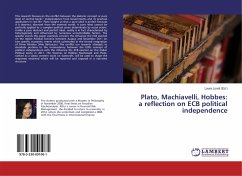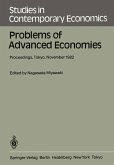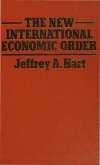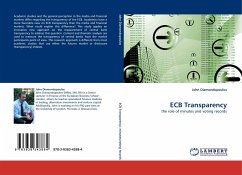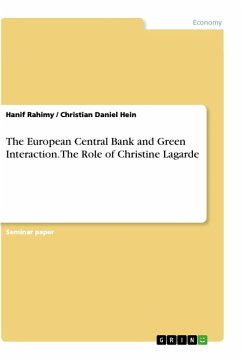In this book, the author traces the emergence of the climate-related financial risks (CRFR) policy norm in central banking. During recent years, Central Banks (CBs) have increasingly started to care about climate change. This development is puzzling and has received surprisingly little scholarly attention so far. Why is it that CBs with a very narrow mandate like the ECB, start to tackle CRFR? What makes CBs adopt a new policy norm on climate change and sustainable development although this provokes discussions about their independence? Based on data collected through expert interviews triangulated with public sources, the author shows that the CRFR policy norm emerged in three steps. First, an epistemic community of think tanks and politically engaged academics framed the idea of CRFR and proposed a policy norm specifically focusing on CBs. Second, the epistemic community taught the CRFR policy norm to early-adopting CBs that acted as norm champions, which helped strengthen its socialrecognition in the central banking community. Third, the CRFR policy norm has been strengthened by activist campaigns demanding CBs to comply with the emerging new policy norm.

